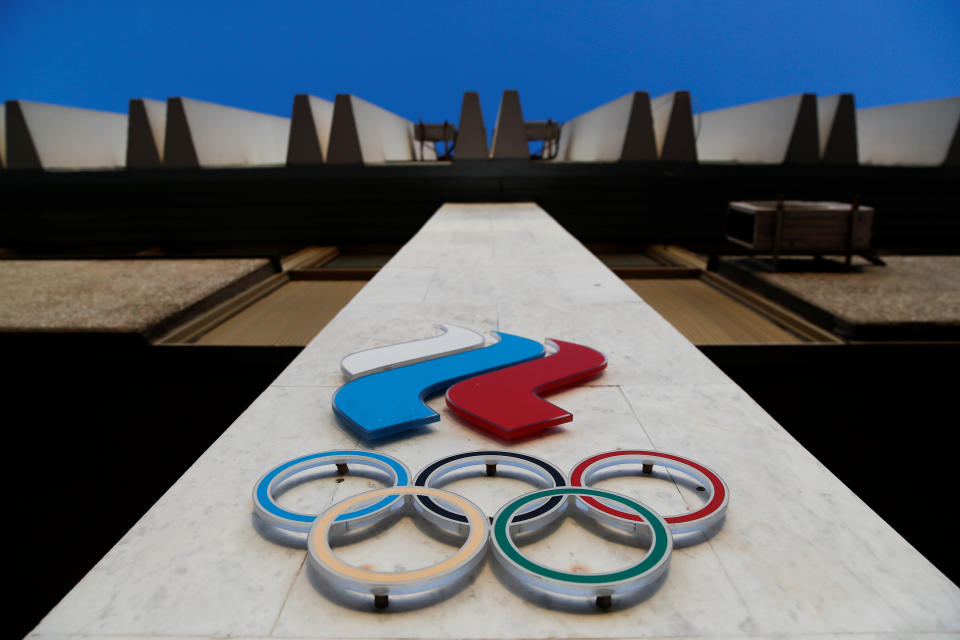WADA recommends 4-year global sports ban for Russia covering Olympics, World Cup

The World Anti-Doping Agency committee that has been investigating Russia has recommended the country face a four-year ban from global sports, Tariq Panja of the New York Times reported Monday. WADA confirmed it would recommend the punishment in a release later in the afternoon.
The news came after the committee discovered Russian officials had erased failed doping tests from the submitted database it was required to release.
If Russia is banned four years beginning Jan. 1, 2020, it would end up missing three straight Olympic Games. The country was banned from the 2018 Winter Olympics in PyeongChang, though individual athletes cleared of doping competed as “Olympic Athletes from Russia” in neutral apparel. The punishment would eliminate Russia from Tokyo 2020 and Beijing 2022 as well.
The country would also not be allowed to compete in a host of other events, such as the 2022 FIFA World Cup and other world championships.
Russia faces ban for hiding doping data
The news of a potential ban comes after WADA announced its compliance and review committee should declare Russia non-compliant. The country reportedly tampered with anti-doping data it was required to provide to the agency.
A final ruling on punishment is expected Dec. 9 when the WADA board meets in Paris. The group is expected to agree with the ban, per the Times, and it could then be appealed by Russia to the Court of Arbitration for Sport.
The proposed punishment extends beyond the Olympics and calls for all governing bodies, such as FIFA, to adhere to the ban, per the Times.
WADA announced the recommended punishments in its release.
Government officials would not be allowed to sit on boards or committees or attend sporting events, and Russia would be barred from bidding for or hosting any global events. If there is an event within the four-year span that they are already scheduled to host, it would be re-assigned.
The Russian flag would not be allowed to fly at any of the events and athletes from the country could only compete if they can prove they are not implicated in the non-compliance.
The Russian anti-doping agency would be required to pay all of WADA’s costs to investigate dating back to January 2019, as well as a maximum allowed fine of 10 percent of its 2019 income or $100,000, whichever total is lower.
Russian doping scandal continues
Russia used an elaborate, state-sponsored anti-doping program at the 2014 Sochi games, which were held on home soil. It was caught in 2015 and faced a three-year ban, though it was conditionally reinstated in September 2018.
As terms of the reinstatement, Russia was required to give its doping data to the organization to show the athletes were clean, and that none of the same rule breaking from Sochi was taking place.
In December 2018, Russia refused to give WADA doping data it had promised to hand over. Travis Tygart, CEO of the U.S. Anti-Doping Agency, told the Associated Press at the time he hoped WADA leadership “finally learned the lesson” and would declare the country non-compliant.
“Anything else is simply another shiv in the back of clean athletes,” he said.
It seems WADA may finally be at the point a full year later.
In January, WADA said it noticed inconsistencies in the data from Russia’s Moscow lab and opened a formal compliance procedure in September 2019. It said between Nov. 25, 2018, and Jan. 10, 2019, someone at the Moscow lab “planted fabricated evidence” and “deleted from the LIMS database important evidence.”
More from Yahoo Sports:

 Yahoo Finance
Yahoo Finance 
